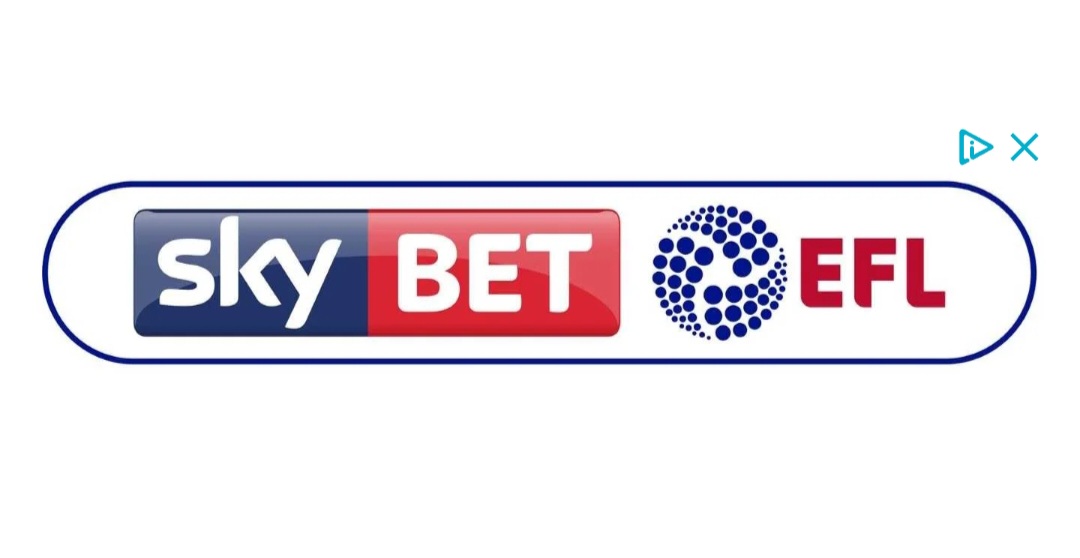Following on from its yearly AGM meeting, the EFL has announced a few changes both on and off the field.
This season has seen more club owners come under scrutiny with clubs entering into financial difficulties and not paying wages. So new regulations have been announced that come into force for the new season.
OWNERS AND DIRECTORS’ TEST
New disqualifying conditions have been added to the Owners and Directors’ Test (OADT) to ensure that the EFL and Premier League’s tests remain aligned. The list of disqualifying conditions has been updated to include:
Disqualifying individuals who are subject to sanctions;
Prohibiting ownership by state entities from countries which are sanctioned;
Second (or further) bankruptcies/convictions/bans, even if expired or spent.
Convictions for violent offences;
Convictions for fraud of any kind;
Disqualification for wider corporate insolvencies;
Disqualifications by a wider range of Government bodies;
Having been removed as a trustee of a pension scheme by the Pensions’ Regulator or the Courts;
Expulsion of sporting clubs in other sports (eg. Rugby) as the League does for football clubs;
Expanding the period in which insolvency of a company/club counts against a director who has resigned from 30 days to one year; and
Reducing the definition of Control from 30% to 25%
The OADT has also been updated to treat anybody who is currently undergoing an investigation which may lead to a disqualifying condition, as being subject to a disqualifying condition until such time as they clear the allegations.
MULTIBALL / TOWELS
The EFL will introduce a multiball system in all its competitions for the 2023/24 season. Match balls will be placed on cones in designated areas at pitch side to help increase the time of the ball being in play. Meanwhile, Clubs will no longer be permitted to use towels or other articles, including items obtained from spectators to dry footballs during matches.
INSOLVENCY EVENTS
A new regulation (12.1) has come into effect which requires a Club to notify the League promptly once it becomes aware that it is considering, taking or suffering any Insolvency Event. The Club and any proposed Officeholders in any potential Insolvency Event will be required to meet with the League to ensure that the ongoing obligations of the Club can be met during the period of an Insolvency Event. The EFL has also updated its Insolvency Policy to amend the definition of an Insolvency Event in its Articles of Association to ensure the new concept of a ‘Restructuring Plan’ as referenced in the Corporate and Insolvency Governance Act 2020 is included.
FUTURE FINANCIAL INFORMATION FOR LEAGUES ONE AND TWO
To better align with the Club Financial Reporting Unit’s reporting practices, Clubs in League One and League Two will now be required to submit their Future Financial Information (FFI) by 30 April rather than 31 March each year.
HMRC REPORTING
The EFL has updated Regulation 17.1 to include all debts due to HMRC and now requires Clubs to report any defaults within two working days.
30-DAY RULE
The non-payment of HMRC debt has been added as a trigger of Regulation 52.6, so Clubs who accumulate 30 days of late payments in a 12-month period will be unable to sign a player for a fee or any consideration for three full transfer windows. The amendment to the 30-Day Rule also provides for Clubs to self-report late payment of any debt covered by Regulation 52.6, plus a right of appeal for Clubs triggering the 30-Day Rule.



